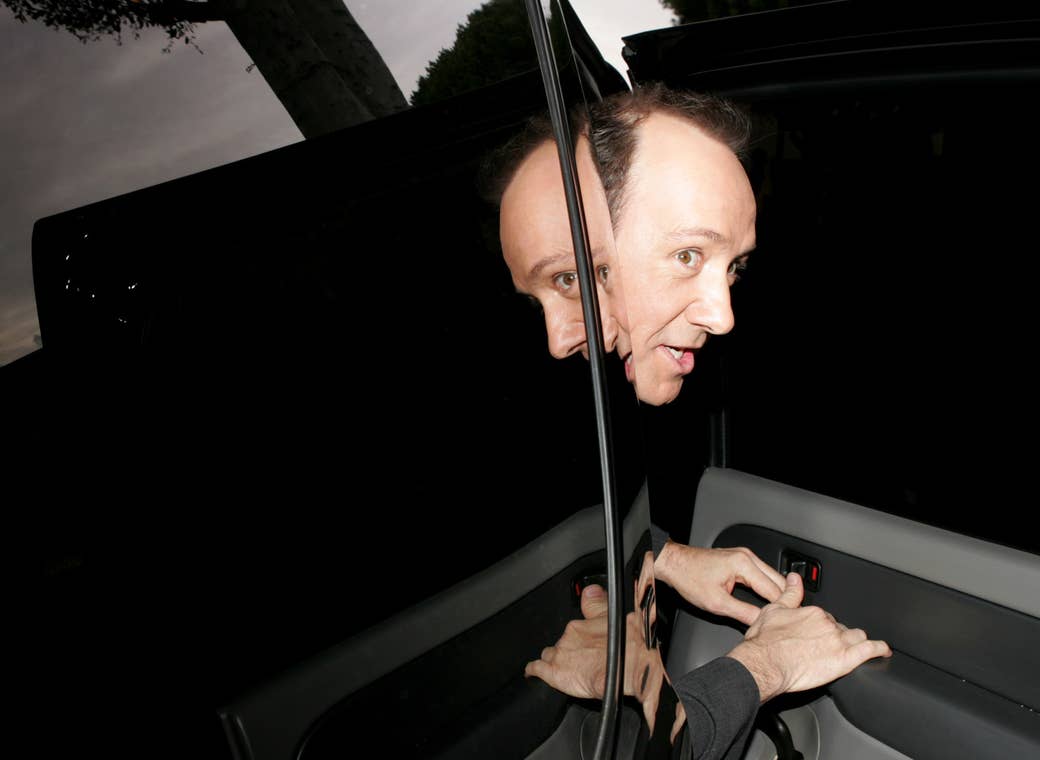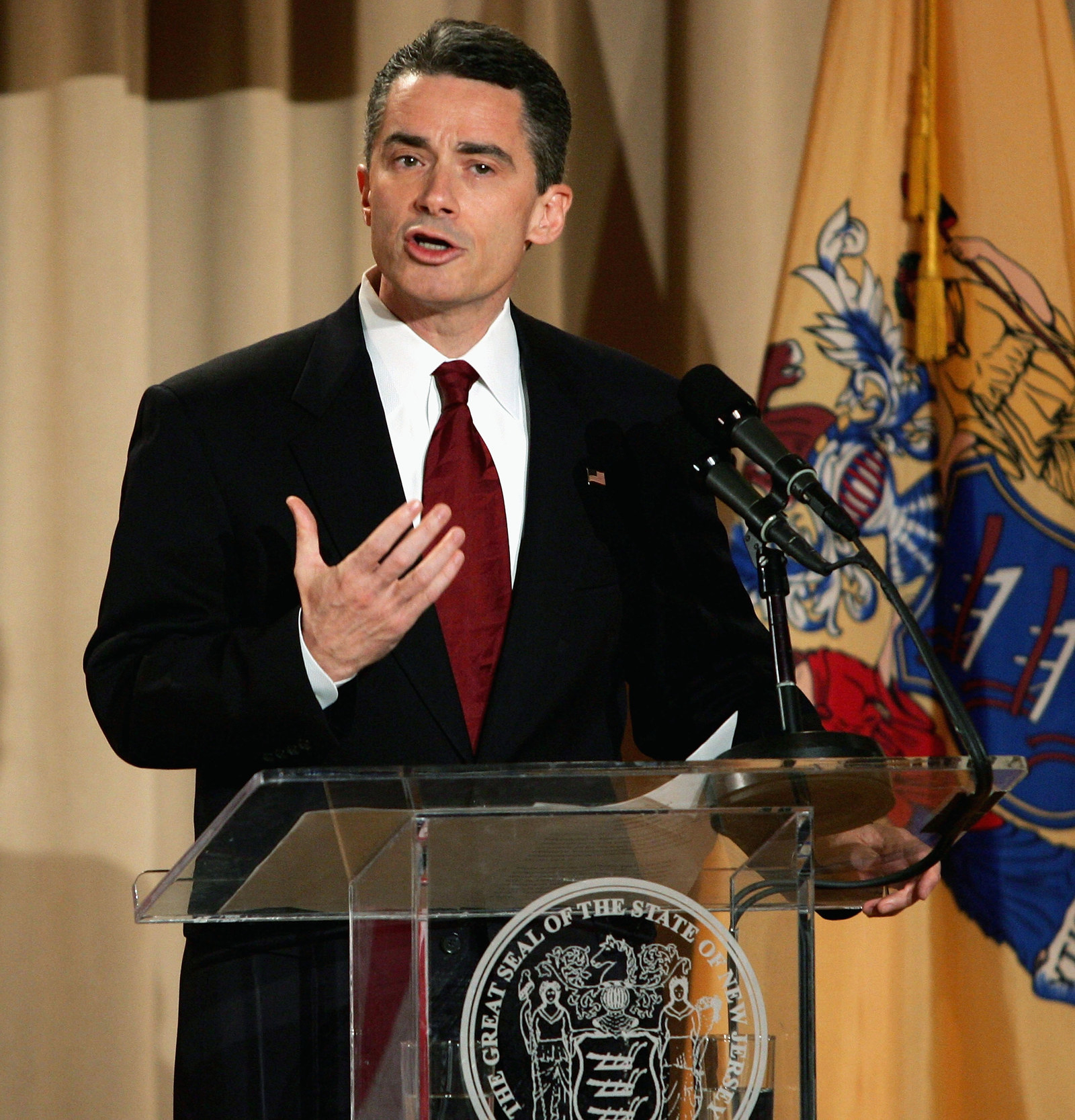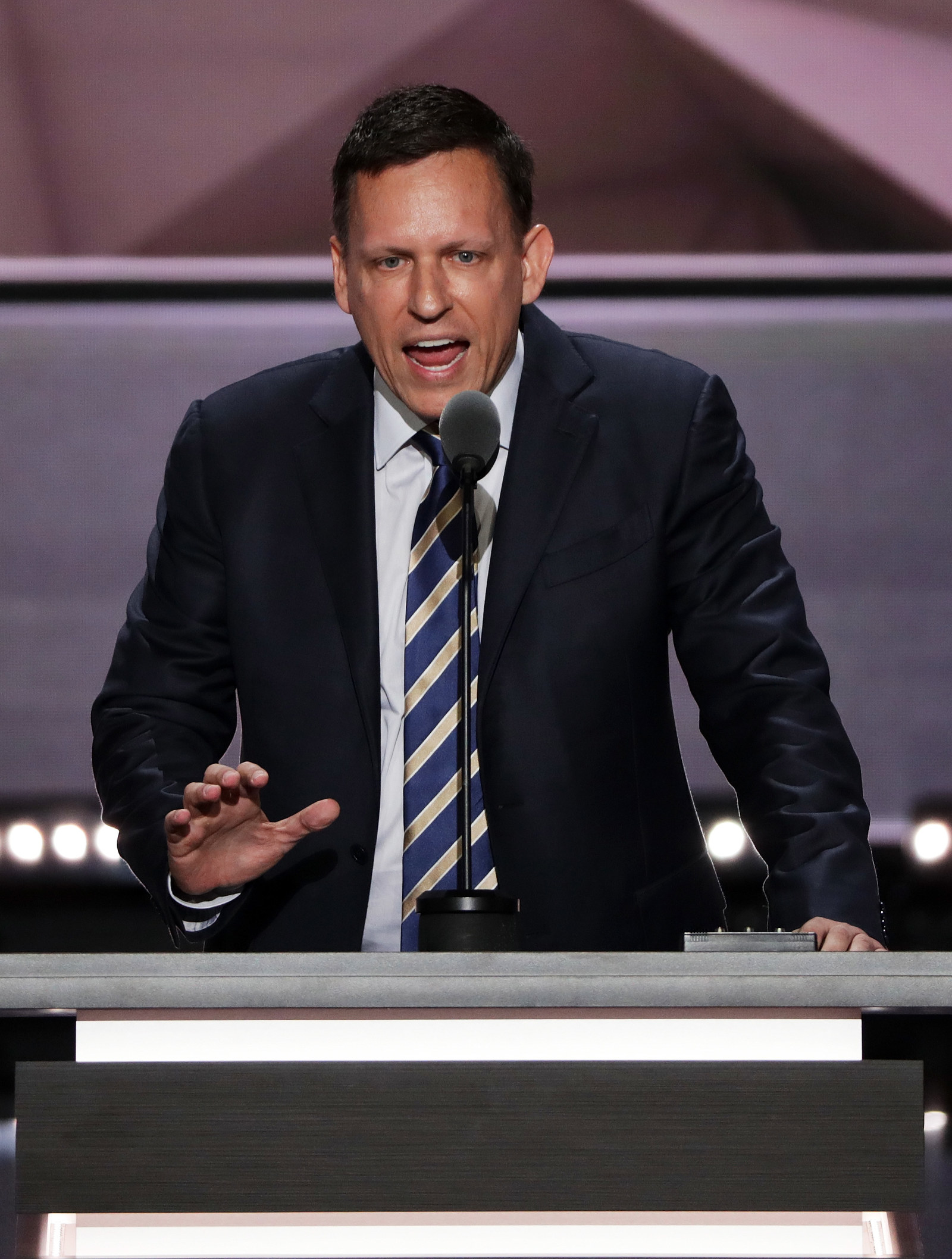
Earlier this week, BuzzFeed News published an account of Kevin Spacey making a sexual advance on then-14-year-old Star Trek: Discovery actor Anthony Rapp. Spacey, who had been contacted but declined to comment before the article was published, reacted to it by tweeting out a combined apology and coming-out statement that seemingly attempted to reframe the story.
Spacey described himself as being “beyond horrified to hear [Rapp's] story," adding, “I owe him the sincerest apology for what would have been deeply inappropriate drunken behavior.” But after the apology, he also finally moved out of the glass closet that he’s been ambiguously living in for years. “I have loved and had romantic encounters with men throughout my life, and I choose now to live as a gay man,” the statement reads. “I want to deal with this honestly and openly and that starts with examining my own behavior.”
With his statement, Spacey attempted to create a sort of "rainbow shield" — strategically wielding his sexuality as a way of reasserting control over a potentially damaging story of alleged sexual misconduct. And, up to a point, it worked. “Kevin Spacey Declares He Lives Life as a Gay Man,” Reuters announced. The original headline of an ABC report read “‘I choose now to live as a gay man’: Kevin Spacey comes out in emotional tweet.”
But the timing of Spacey’s coming-out, after an allegation of sexual misconduct and during a moment of widespread conversation about gendered violence in Hollywood, was troubling. Spacey has quickly become the target of an online backlash — including from other LGBT celebrities who accused him of coming out in an attempt to deflect attention from Rapp’s allegations — and Netflix announced an indefinite suspension of the production of House of Cards, the show Spacey stars in. Two more men have since come forward with allegations of sexual harassment against Spacey.
Homophobia is still a real and pressing issue, permeating all levels of society. One cannot help but be deeply sympathetic to the horrors and paranoia that the closet breeds, and to the way that gossip has historically been used to blackmail and punish gay men, especially during the time when Kevin Spacey was growing up and establishing himself in Hollywood. But given the longstanding homophobic conflation of gayness and pedophilia, Spacey’s statement itself — as reaction pieces in the immediate aftermath have noted — reinforces a harmful stereotype about queer people by implicitly linking allegations of sexual misconduct with a minor to his gay male identity.
Ultimately, Spacey’s statement serves as a reminder that the politics of coming out can't be separated from questions of class, race, gender, or even nation, and even those who may share a particular marginalized identity have different relationships to power. At this moment, when a “respectable,” straight-passing white gay billionaire like Peter Thiel declares his sexual identity to support white nationalism, it has become clear that gay identity can be weaponized by the more privileged to uphold established power structures. Spacey’s politics are not conservative, but his strategic deployment of the rainbow shield aligns him with others who have wielded their gay identity in damaging ways.
Kevin Spacey is not the first powerful closeted white man to strategically out himself when his power was imperiled. In 2004, New Jersey Governor James McGreevey was rocked by sexual harassment allegations from Golan Cipel, an Israeli man he had appointed as his homeland security adviser. While McGreevey dismissed Cipel’s claims as an extortion plot, he resigned with a then-shocking coming-out speech.
McGreevey famously declared, “And so my truth is that I am a gay American. And I am blessed to live in the greatest nation with the tradition of civil liberties, the greatest tradition of civil liberties in the world, in a country which provides so much to its people.” Like Spacey, he emphasized honesty and truth. But because he was a politician rather than an actor, his statement linked his sexual identity to national belonging and specifically played into exceptionalist ideas about America as a land of liberty and plenty in order to affirm his belonging.

Using his identity in this way was still risky at a time when presidential candidates like George W. Bush were mobilizing sentiment against same-sex marriage to win elections and the LGBT community’s national standing was more precarious. To some extent, McGreevey’s politics might have protected him from being outed. As blogger Michael Rogers told NPR in 2007, “People's sexuality is only fair game if it's in direct conflict to the public statements they make about political things such as policy or legislation that they're voting on.” But gay activists were nonetheless troubled by the governor’s speech.
"When Gov. McGreevey resigned I was not in disbelief that he came out, for many of us had already heard or knew,” Steven Goldstein of Garden State Equality later said. “I was in disbelief and, frankly, angry that he invoked being gay as his exit strategy from the governorship." By the time of the release of the former governor’s celebrity memoir in 2006, GQ magazine noted: “McGreevey's coming out was about nothing so much as changing the subject, saving his own ass, moving the public discourse away from the turmoil he had made of the governor's office and spinning it.”
McGreevey’s strategic use of coming out thrust him into a conversation about the commodification of gay identity that went on throughout the ‘90s and aughts. These debates centered on the way gay identity became separated from the kind of queer politics that sought to deeply change social inequality. Terms like “homonormativity” captured a sense that this kind of radical vision was being replaced by assimilationist, rights-based, pro-capitalist politics that sought to empower the queer people who — for reasons of race, gender, ability, and citizenship — are most easily accommodated into mainstream society.
The strategic political use of sexual identity has become a bigger, more mainstream story with the rise of Trump, as conservative white gay men have used their gayness to promote white nationalistic politics and make its rhetoric more palatable. Perhaps the most famous example of this kind of accommodation was performed by the tech billionaire Peter Thiel at the Republican National Convention in July 2016, where he explicitly deployed his identity to pinkwash Donald Trump as a gay-friendly candidate.
In his remarks, Thiel, like McGreevey, linked his gay identity to his Americanness, casting himself as an immigrant made good — from Germany to Cleveland — with a special claim to national belonging. He then specifically invoked his gay identity to give the party an image of multiculturalism: “Of course, every American has a unique identity,” he told fellow Republicans and the nation at large. “I am proud to be gay. I am proud to be a Republican. But most of all I am proud to be an American.”

And it’s not just “respectable” cisgender white gay men like Thiel who have been helping to uphold homophobic, racist, misogynist, and imperialist ends. Lesbian critic Camille Paglia was a ’90s pioneer of using her white queerness to argue against multiculturalism and eventually support racist agendas. Self-styled “dangerous faggot” Milo Yiannopoulos has been a prime appropriator of queer tactics in service of conservative and white supremacist ends. Even transgender celebrity Caitlyn Jenner supported Trump and, much to the outrage of activists, tried to position herself as an advocate for trans people. During his campaign, Trump happily jumped on gay nationalism to perform anti-Muslin fearmongering, claiming he would protect American gays from homophobic Muslims.
But Thiel is the most relevant example of someone strategically using the politics of coming out, specifically, to maintain his own power and damage the credibility of those who criticize him. Even before he became involved with Trump’s campaign, he famously turned his supposed “outing” by Gawker into an opportunity to fund a $10 million takedown of the website in the name of his own privacy. (Before its demise, Gawker had also been posting gossip about Spacey’s sexual interest in men — some highlighting "aggressive" behavior and some merely speculating about his homosexuality. Spacey made it clear in 2010 that he resented this kind of questioning and gossip, accusing a Daily Beast reporter who asked him whether he was gay of "using sexuality as a weapon" against him, emphasizing his "right to privacy.")
Kevin Spacey has long since invoked that “right to privacy” throughout his career to defer and evade discussions about his personal life and identity. There is nothing inherently wrong with that; Spacey is not a politician or pundit, and he has a right to perform his identity on whatever terms he’s comfortable with. The academic critic Nicholas de Villiers has even coined the term “queer opacity” to refer to public figures who are neither inside nor outside the closet, but rather tease the public through ambiguous statements that resist attempts to elicit confessions or pin down identities. In some ways this has been Spacey’s modus operandi. And yet now that his personal behavior is being questioned, Spacey is finally willing to turn the personal political, unambiguously stepping out as a “gay man.”
Spacey’s coming-out is a complicated reminder of the way that those closest to institutional power and privilege — whether in Hollywood, Silicon Valley, or politics — have the luxury of choosing when to make gay identity political. And the choice is often not to use it in service of social change, but to protect personal or commercial interests. Rapp’s account has started a difficult conversation, given that accusing gay men of sexual misconduct can be weaponized by anti-LGBT groups to “prove” that all queer people are deviants. But it’s important to remember that the accusers in these cases are often queer people too: Rapp came out in 1992, at a time when being openly gay as an actor could carry serious professional consequences. And the LGBT community at large still faces high rates of sexual harassment and assault. So this is a conversation worth having — and the backlash against Spacey within the LGBT community suggests it’s only getting started. ●
